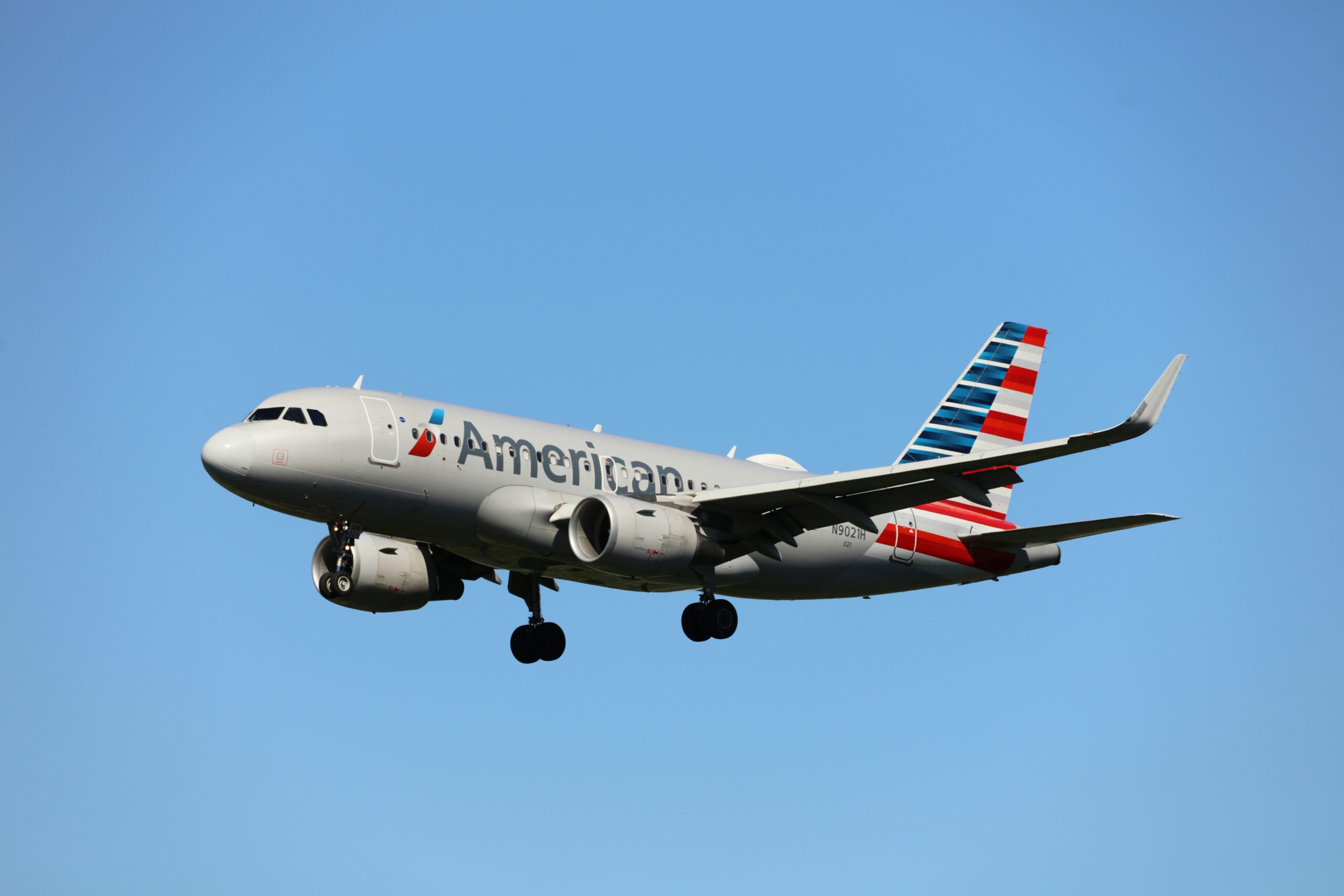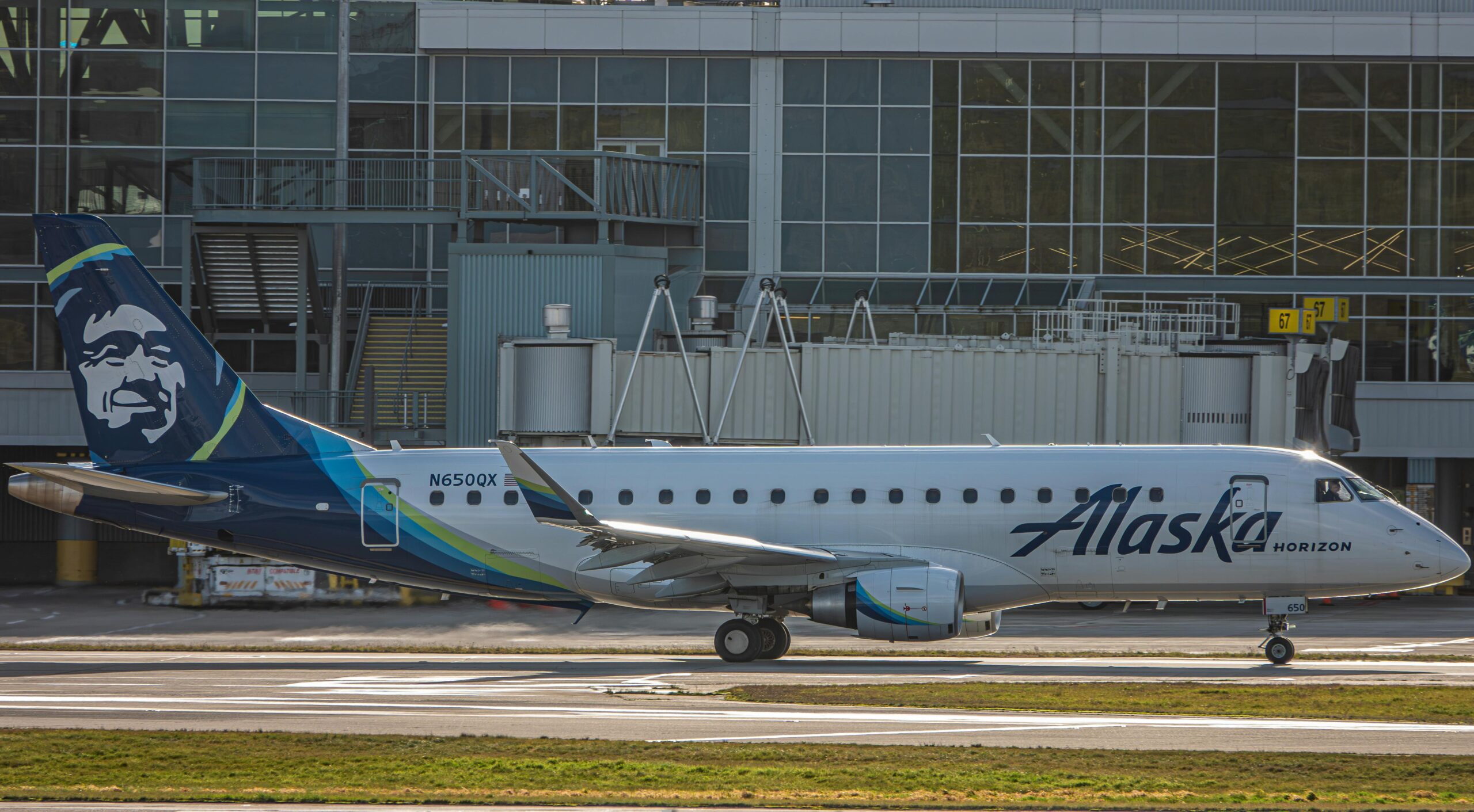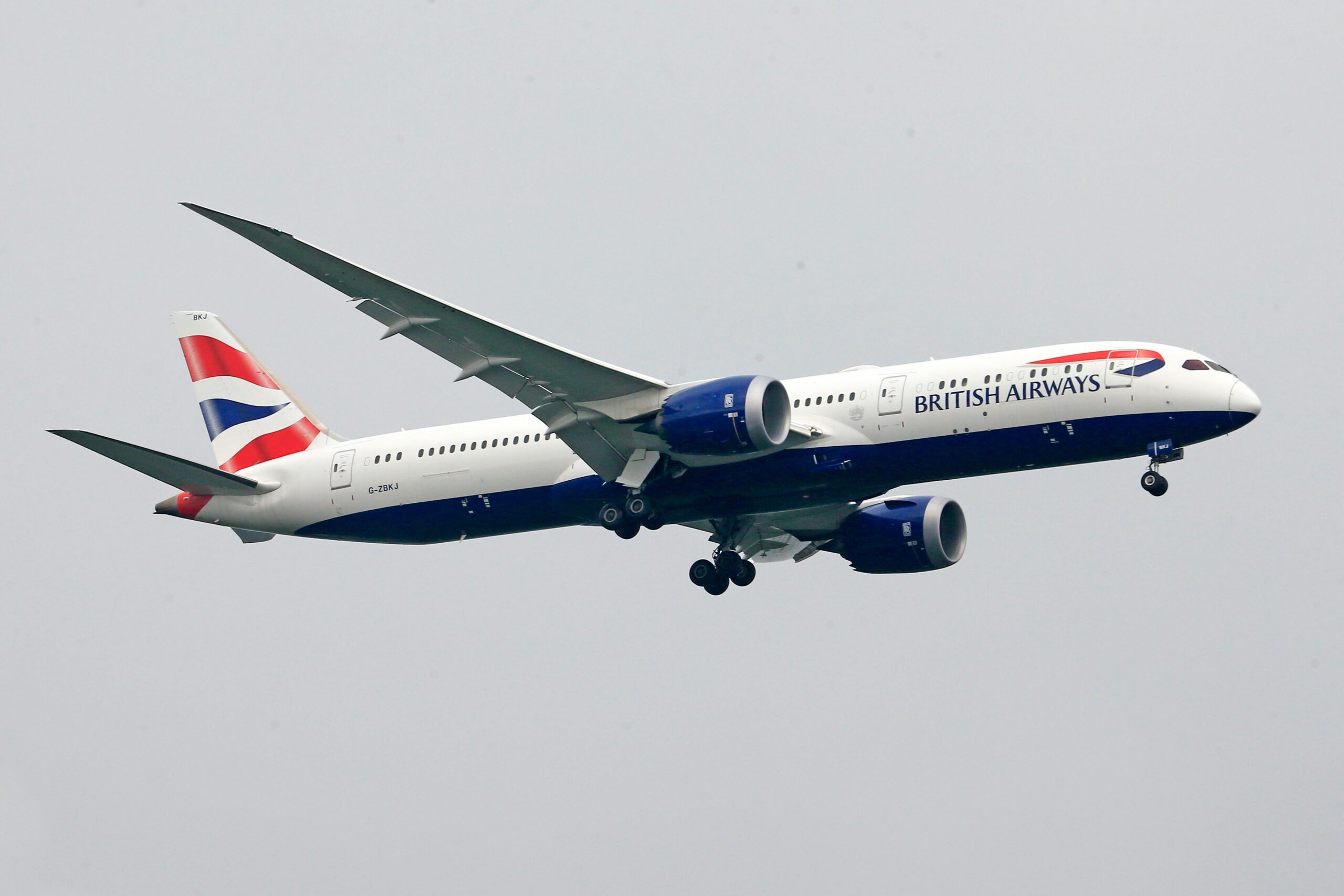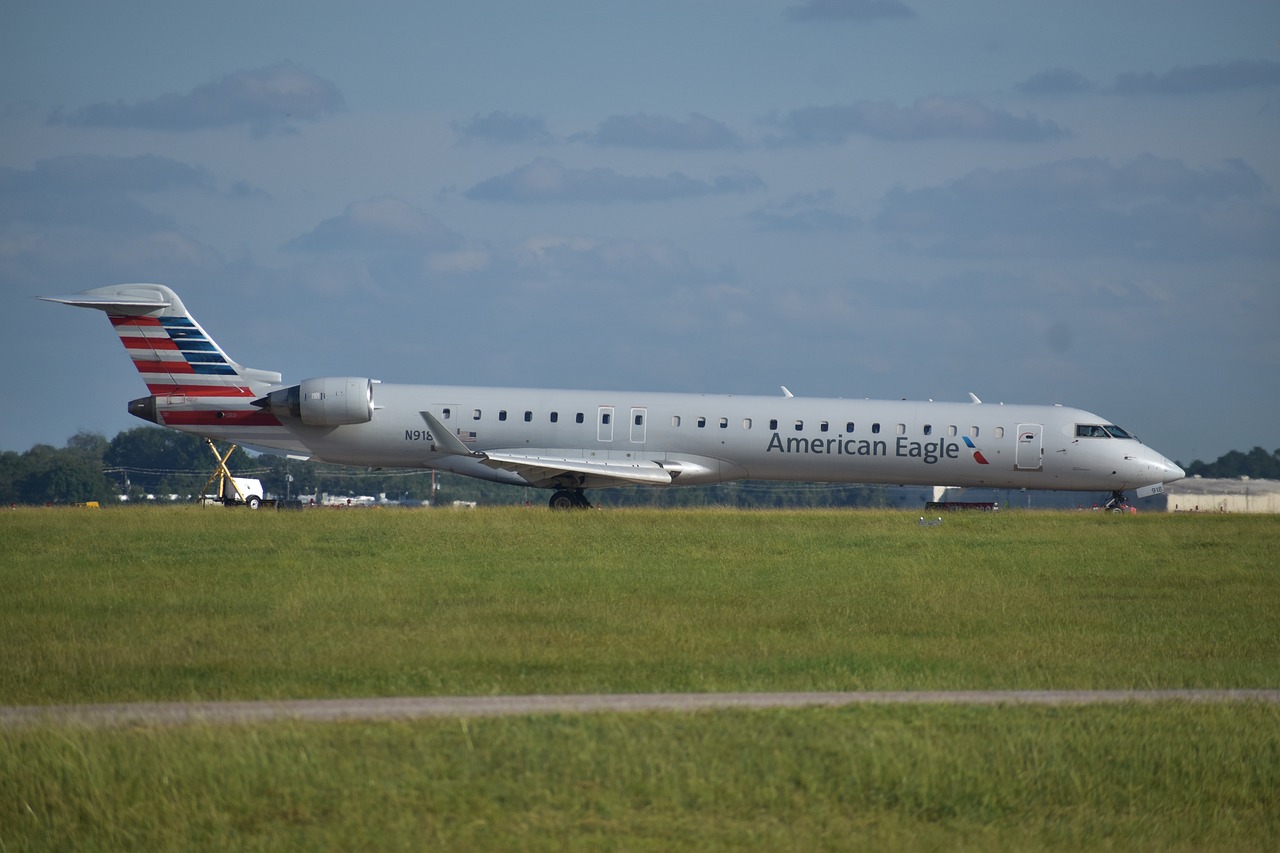As a passionate traveler and aviation enthusiast, the world of Airbus aircraft has always fascinated me. The sheer power, innovation, and engineering behind these magnificent flying machines never fail to ignite a sense of wonder and awe within me. In this article, we will delve into the technology that drives Airbus aircraft, exploring their advantages and disadvantages from a firsthand perspective.
Unveiling the Technological Marvels of Airbus Aircraft:
Airbus, a renowned name in the aviation industry, is synonymous with cutting-edge technology and unparalleled comfort in air travel. From the iconic A320 family to the state-of-the-art A350 XWB, each aircraft is a testament to Airbus’s commitment to innovation and excellence.
Advantages of Airbus Aircraft:
- Fuel Efficiency: One of the key advantages of Airbus aircraft is their superior fuel efficiency. The incorporation of advanced aerodynamics, lightweight materials, and efficient engines allows Airbus planes to consume less fuel per passenger, making them environmentally friendly and cost-effective.
- Innovative Design: Airbus aircraft are known for their innovative design features that prioritize passenger comfort and safety. Spacious cabins, ergonomic seating, and advanced in-flight entertainment systems enhance the overall travel experience, setting Airbus apart in the competitive airline industry.
- Advanced Technology: Airbus continues to push the boundaries of aviation technology with each new aircraft model. From fly-by-wire controls to cutting-edge avionics systems, Airbus planes are equipped with the latest technological advancements that ensure smooth and efficient operations.
- Range and Capacity: Airbus offers a diverse range of aircraft models that cater to varying travel needs. Whether it’s short-haul flights or long-haul journeys, Airbus planes are designed to deliver optimal range, capacity, and performance, providing passengers with a seamless travel experience.
Disadvantages of Airbus Aircraft:
- High Maintenance Costs: The sophisticated technology and complex systems integrated into Airbus aircraft can result in higher maintenance costs compared to other aircraft manufacturers. Regular maintenance and servicing are essential to ensure the safety and reliability of Airbus planes, which can add to operational expenses.
- Noise Levels: While Airbus has made significant strides in reducing noise pollution from aircraft engines, noise levels can still be a concern for passengers and communities living near airports. The roar of jet engines during takeoff and landing phases remains a challenge that Airbus continues to address through ongoing research and development.
- Dependency on Technology: The increasing reliance on technology in Airbus aircraft raises concerns about potential system failures or malfunctions. Pilots and maintenance crews must undergo rigorous training to handle complex technological systems, ensuring the safety and security of passengers at all times.
Conclusion:
In conclusion, exploring the technology behind Airbus aircraft offers a glimpse into the intricate world of aviation innovation and excellence. Despite the challenges and disadvantages, the advantages of Airbus aircraft far outweigh the drawbacks, making them a preferred choice for travelers seeking comfort, efficiency, and reliability in their air travel experiences. As we continue to soar through the skies on Airbus wings, let us appreciate the remarkable feats of engineering that propel us toward new adventures and destinations.
Embark on your next journey with WentWorld.com and experience the wonders of Airbus aircraft firsthand. Bon voyage!
Catch up on the top stories and travel deals by subscribing to our newsletter!












Leave a Reply